Office banter… the glue that bonds a team together, or the go-to excuse for harassment, bullying and/or discriminatory behaviour? Well, given that in a 2018 study by the Institute of Leadership & Management, 4% of respondents had left a job because of negative banter, it’s surely not an issue that can be dismissed.
Let’s start with the Oxford Dictionary: as a noun, ‘banter’ is, “the playful and friendly exchange of teasing remarks,” and as a verb, “to exchange remarks in a good-humoured teasing way.” So far, so innocuous and yet, also more than a little disingenuous. Few would dispute that the meaning has moved on a little since Oxford printed it. These days, “banter” tends to refer to something a bit more toxic or one-sided. It may be intended as fun, but is it still ‘fun’ if it’s only fun for the person making the comment? If the person on the receiving end is you and you’re left feeling picked on, got at, or otherwise attacked then the, “It was only a bit of fun” excuse doesn’t carry much weight.
These days, banter is often used to hand wave insults – it can be an excuse and a licence to speak as you feel without worrying about the consequences. Add to this that in the media and society, banter is often shown as positive. We praise celebrities or presenters who can ‘bring the bantz’ in the form of entertaining insults and commentary. However, in the workplace (as in life?!), the intent behind words is less important than their effect (and in the world of media, we rarely see get to see an impact; we’re just meant to admire the bantz itself).
The problem is, avoiding banter in the workplace is often equated with wanting to prohibit humour completely, but it really isn’t. Banter isn’t a shared joke or gag (or if it is shared, there’s still a butt, a non-sharing recipient that that everyone is focused on in the moment). Humour is fine in principle but banter is a form of humour that is at someone else’s expense).
To walk things back for a moment… originally, banter (for example, between friends) was supposed to be a joint endeavour; the ‘victim’ is meant to respond in kind, attack back, try to get the upper hand… banter in its original form is a kind of jousting, a competition of wits. And that’s the problem, because it only really works between equals and whatever you tell yourself about your groovy, inclusive workplace, or your non-hierarchical, egalitarian team, people are not equals at work – there are differences in competence, in experience, in responsibility… subtle inequalities are rife.
In the modern workplace, banter is gamified mockery. It’s a form of attack in which the attacker tells themselves that the victim is happy to be part of the ‘fun’. That victim is meant to bite back, and if they don’t, they’re seen as a killjoy, not joining in, humourless… Being on the receiving end of banter can feel like a no-win scenario.
Do you really know your teammates that well, to be able to predict their responses to a gibe or comment, especially if it relates to a non-work issue? Even if you do, even if you know them well enough that you know no insult will be taken, there’s still the audience, the other people around you listening in. How are they reacting? Do they understand the game? Or do they just see one colleague ‘having a pop’ at another without any obvious consequences? Whether they’re the target or not, if someone else takes offence (harassment by association?) then the banter is helping make their workplace a hostile environment – not a good working atmosphere for anyone.
Perhaps the key does lie in the dictionary definition: the key word “exchange” implies something equally entered into by both parties. In essence, true banter depends on consent and voluntary participation (by all); anything less and it is not healthy team-talk, it’s a mean-spirited insult or attack (whether the banterer sees it that way or not).
If this topic feels particularly applicable to your business but you’re wondering where to start give us a call on 01582 463463 – we’re here to help.









